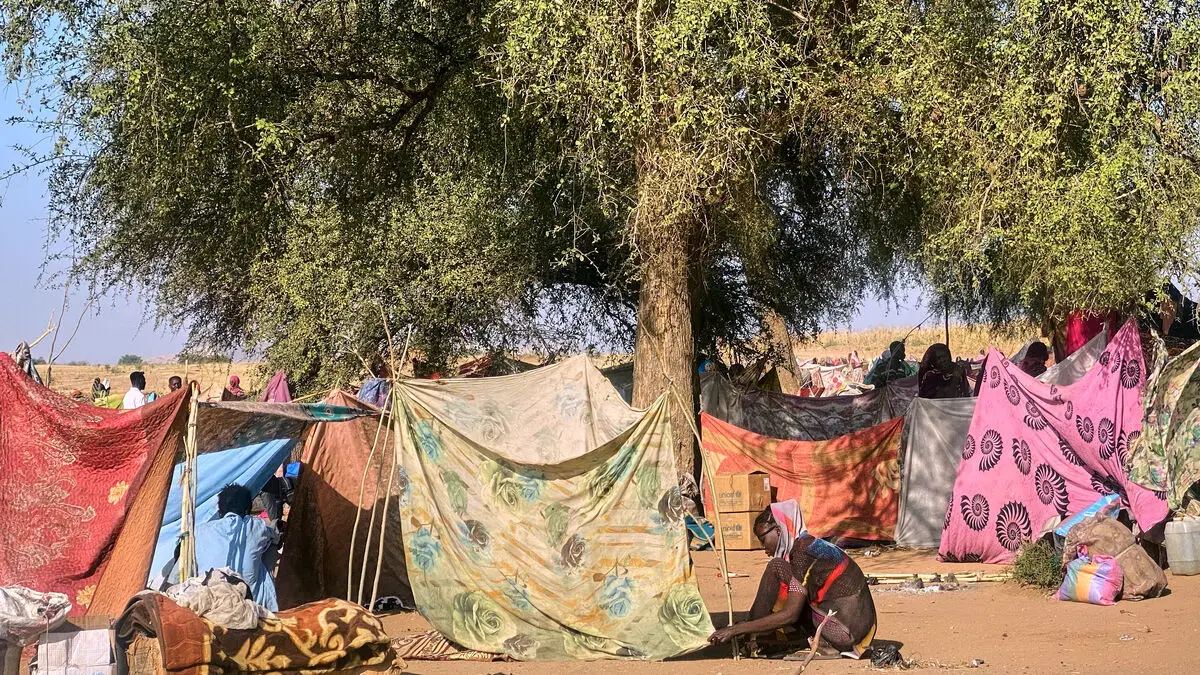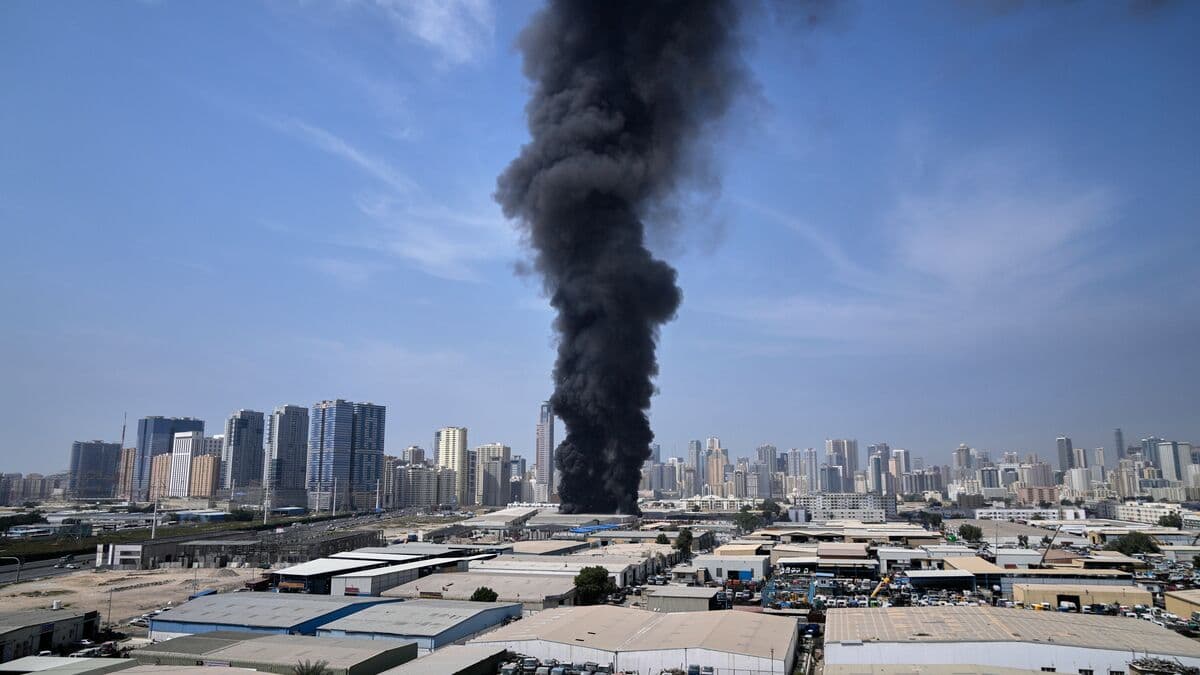In the large city of al-Fashir – which was captured last week by RSF armed forces – at least 200,000 people are believed to have been trapped during the siege and famine of recent months.
Only a few thousand people have made it from there to the relatively safe town of Tawila a few miles to the west, where aid organizations are receiving refugees in already growing camps.
There will be many children without parents, and families without fathers and brothers, points out Arjan Hehenkamp, who heads the International Rescue Committee's humanitarian work in Sudan.
Among them, there is a significant underrepresentation of adult men, he tells TT via link from Kenya.
Fleeing witnesses
Early on when al-Fashir was captured, films and testimonies of massacres, rapes and violence were spread, raising alarm that a new genocide in Darfur may have begun.
At that point, Dutchman Arjan Hehenkamp and other aid workers had begun to head northeast from Tawila to meet the refugees. The refugees' testimonies support the difficult-to-verify information about what is happening in al-Fashir.
Taken together, everything points to a widespread killing, he says.
It appears that RSF soldiers have been free to attack the people of al-Fashir and those who have tried to escape.
Extinguished city
It is difficult to determine exactly how many people are in, or have been in, al-Fashir. But the number of missing people is still high. There is currently a power outage in the city and very little information is reaching the public.
The question remains: Why aren't more people coming? What about them? Where are the people from al-Fashir?
To get an answer to that, the outside world must put harder pressure on the RSF forces and the actors who support them, Hehenkamp asserts, and like many, specifically points out the United Arab Emirates.
“We hope so”
Tawila is already home to several hundred thousand people, many of whom were forced to flee the huge Zamzam refugee camp earlier this year when fighting reached the area. Many have created new temporary homes by driving sticks into the ground and draping a headscarf over them, says Arjan Hehenkamp.
Thousands more people may still arrive from al-Fashir.
Well, it feels strange to say that, but we hope so, because what we see and hear from there makes us extremely worried.






